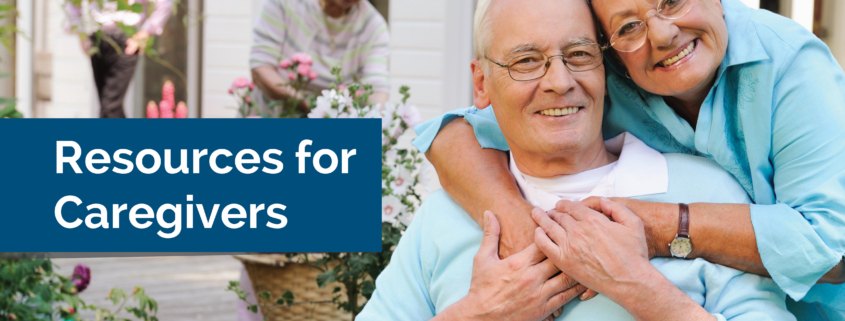According to the Centers for Disease Control, the 2017-2018 flu season was one of the worst. Understanding Influenza – how it’s spread, how to prevent it, and the symptoms of the flu – can help keep you, and your community healthy this winter. Below are five flu facts to know as we enter flu season.
Can a flu shot give me the flu?
The Influenza vaccine is safe and cannot give you the Flu. It takes 2 weeks to build up your immunity, so you can contract the flu before developing the antibodies.
How is the flu spread?
Influenza is a contagious respiratory virus that spreads when you are exposed to an infected person that coughs or sneezes. It can also be spread by touching your nose, mouth or eyes after touching a surface with the virus on it.
How can I prevent the flu?
There are several things you can do to keep yourself flu-free! The most important step you can take is to get a flu vaccine each year. You can also help prevent getting the flu by frequently using hand sanitizer or washing your hands. Try to avoid touching your nose, mouth or eyes. Avoid spreading the flu by covering your coughs/sneezes and by staying home if you are sick. Additionally, be sure to keep surfaces in your home clean.
What are the symptoms of the flu?
Symptoms usually start 1-4 days after exposure and usually come on suddenly. You are most contagious in the first 3-4 days after the illness starts. However, you can infect others before you are symptomatic and up to a week after becoming sick.
Flu symptoms can range from mild to severe. They can include fever, headache, fatigue, runny or stuffy nose, body aches, sore throat, cough and chills. Seek medical care for any worsening symptoms.
What is the treatment for the flu?
Rest, pain relievers and extra fluids will help to lessen your symptoms. While antibiotics are not effective for the flu, there are prescription antiviral medications that can help to lessen the symptoms and shorten the duration. But, they must be started within 48 hours after onset.




